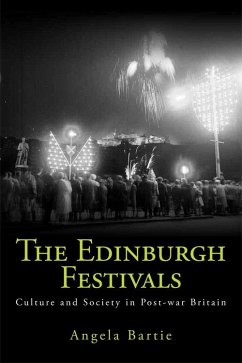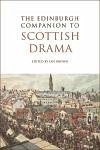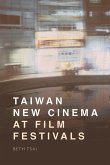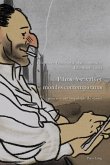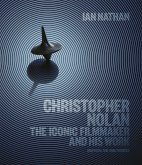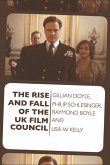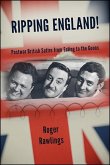Post-war culture and society and the Edinburgh FestivalsThe Edinburgh Festival is the world's largest arts festival. It has also been the site of numerous 'culture wars' since it began in 1947. Key debates that took place across the western world about the place of culture in society, the practice and significance of the arts, censorship, the role of organised religion, and meanings of morality were all reflected in contest over culture in the Festival City. The Edinburgh International Festival of Music and Drama sought to use culture to bolster European civilisation, for which it was considered for the Nobel Peace Prize in 1952. The Church saw culture as a 'weapon of enlightenment', the labour movement as a 'weapon in the struggle', and the new generation of artistic entrepreneurs who came to the fore in the 1960s as a means of challenge and provocation, resulting in high profile controversies like the nudity trial of 1963 and the furore over a play about bestiality in 1967. These ideas - conservative and liberal, elite and diverse, traditional and avant-garde - all clashed every August in Edinburgh, making the Festival City an effective lens for exploring major changes in culture and society in post-war Britain. This book explores the 'culture wars' of 1945-1970 and is the first major study of the origins and development of this leading annual arts extravaganza. Key Features:First critical history of the first twenty five years of the world's biggest arts festivalUses festivals (and key theatre ventures) in Edinburgh as a lens for understanding wider social and cultural change in post-war BritainActs as a practical exercise in the application of cultural criticism by combining social and cultural history with insights from cultural studies and contemporary festivals and events literatureDraws upon a range of archival sources, including original oral history interviews with key players in the arts scene of Edinburgh and beyondProvides a valuable addition to the history of the arts in British society in the period c. 1945-1971, and to our understanding of cultural and social change in post-war Britain
Dieser Download kann aus rechtlichen Gründen nur mit Rechnungsadresse in A, B, BG, CY, CZ, D, DK, EW, E, FIN, F, GR, HR, H, IRL, I, LT, L, LR, M, NL, PL, P, R, S, SLO, SK ausgeliefert werden.

